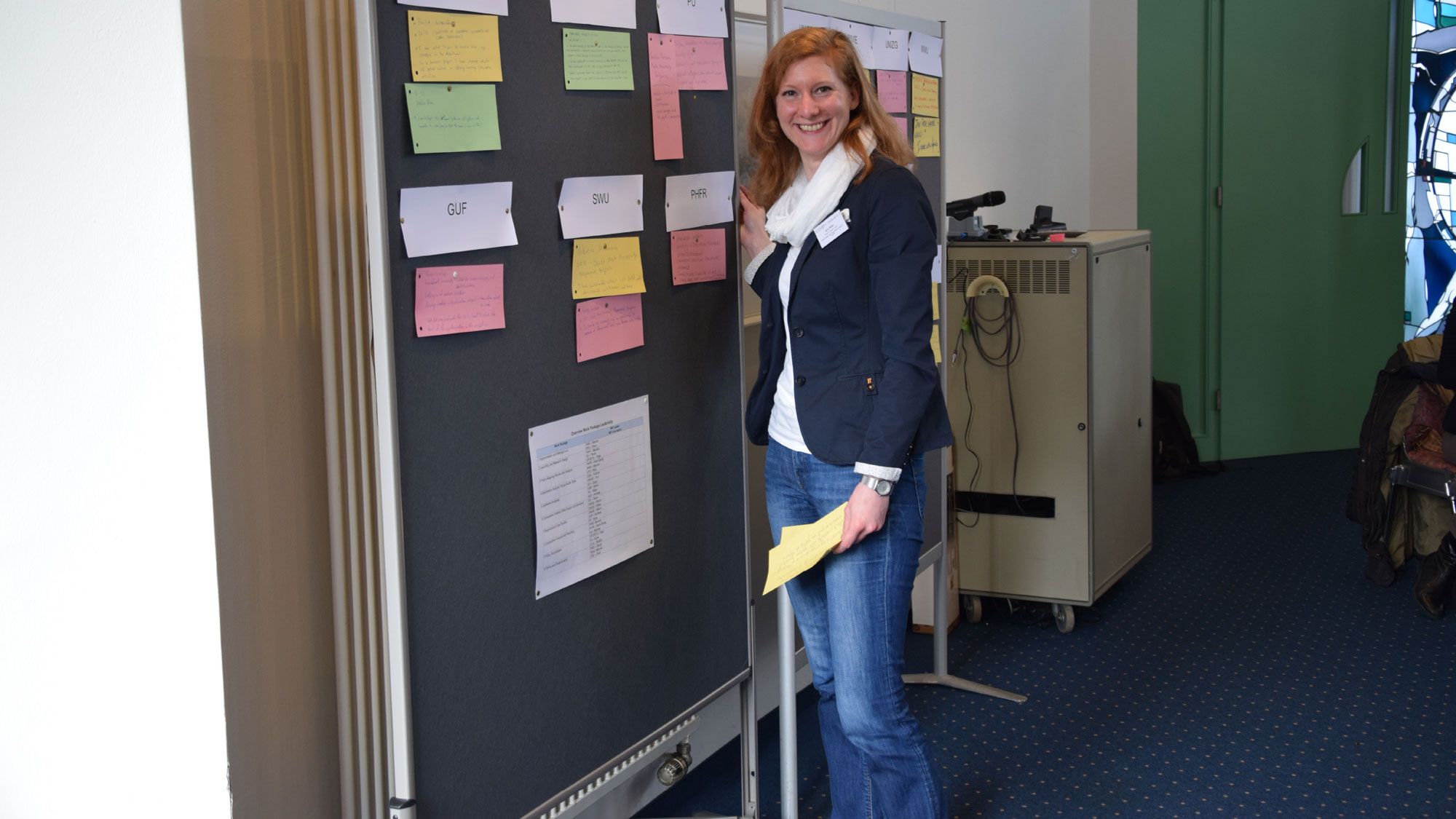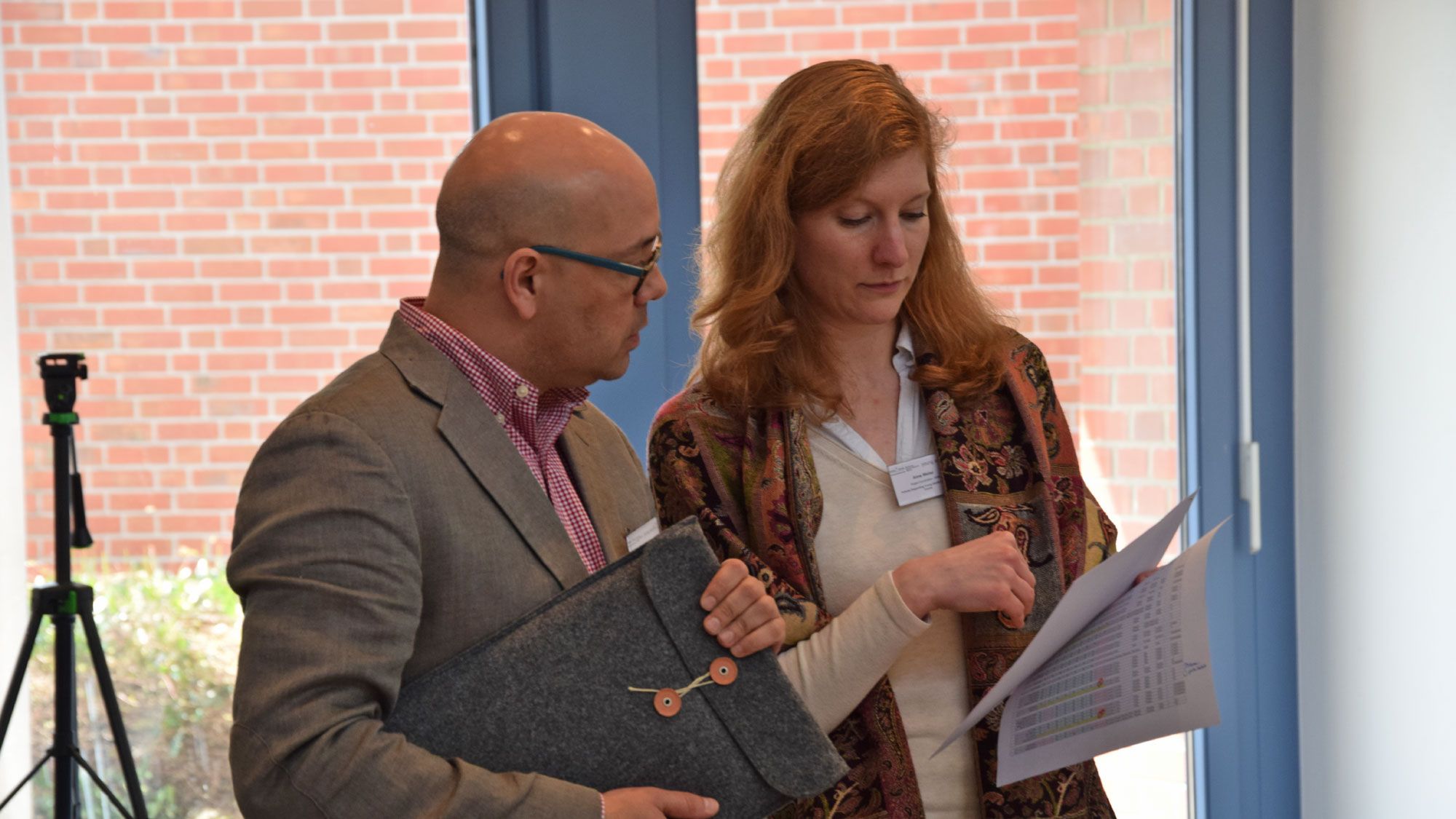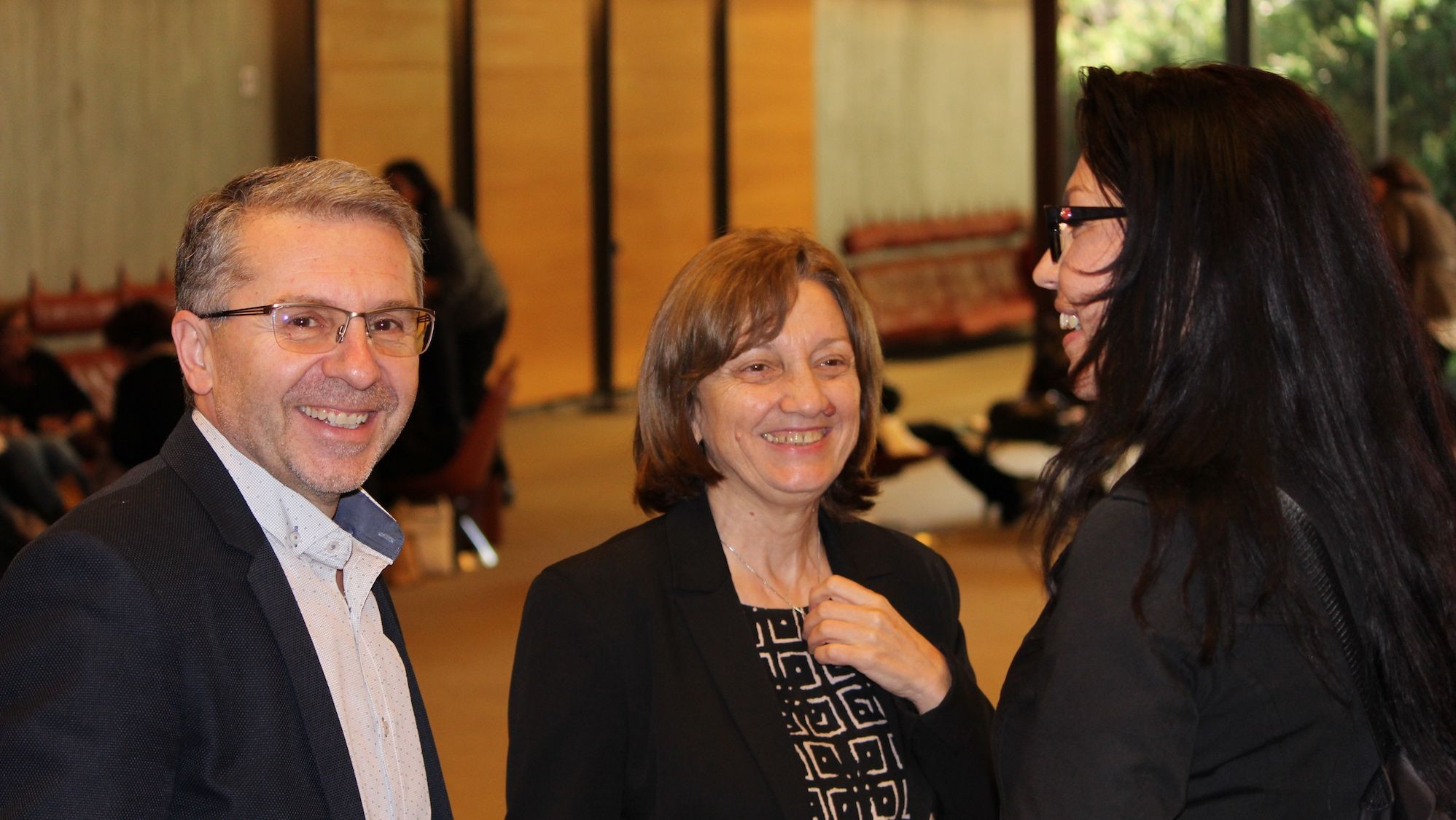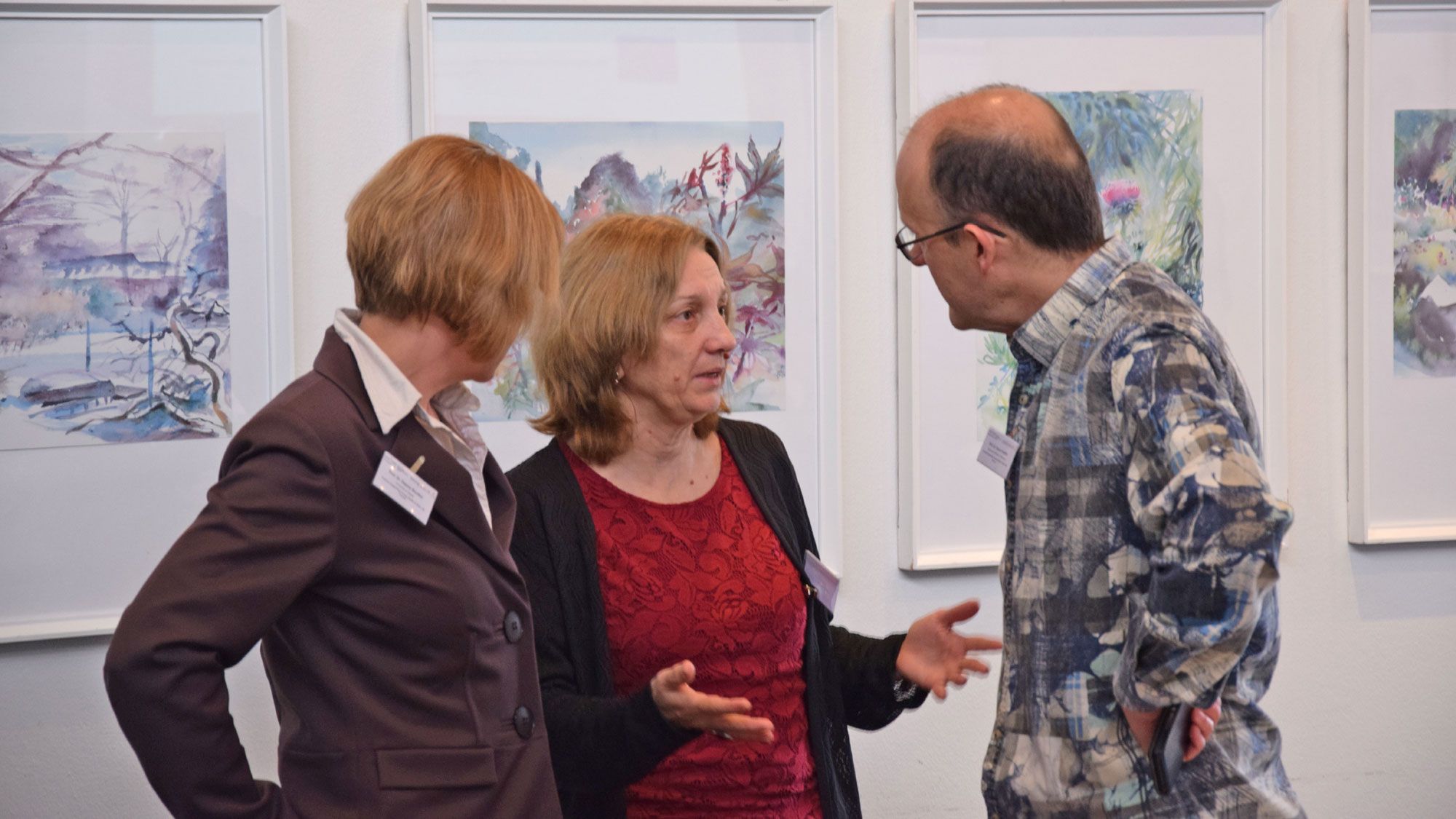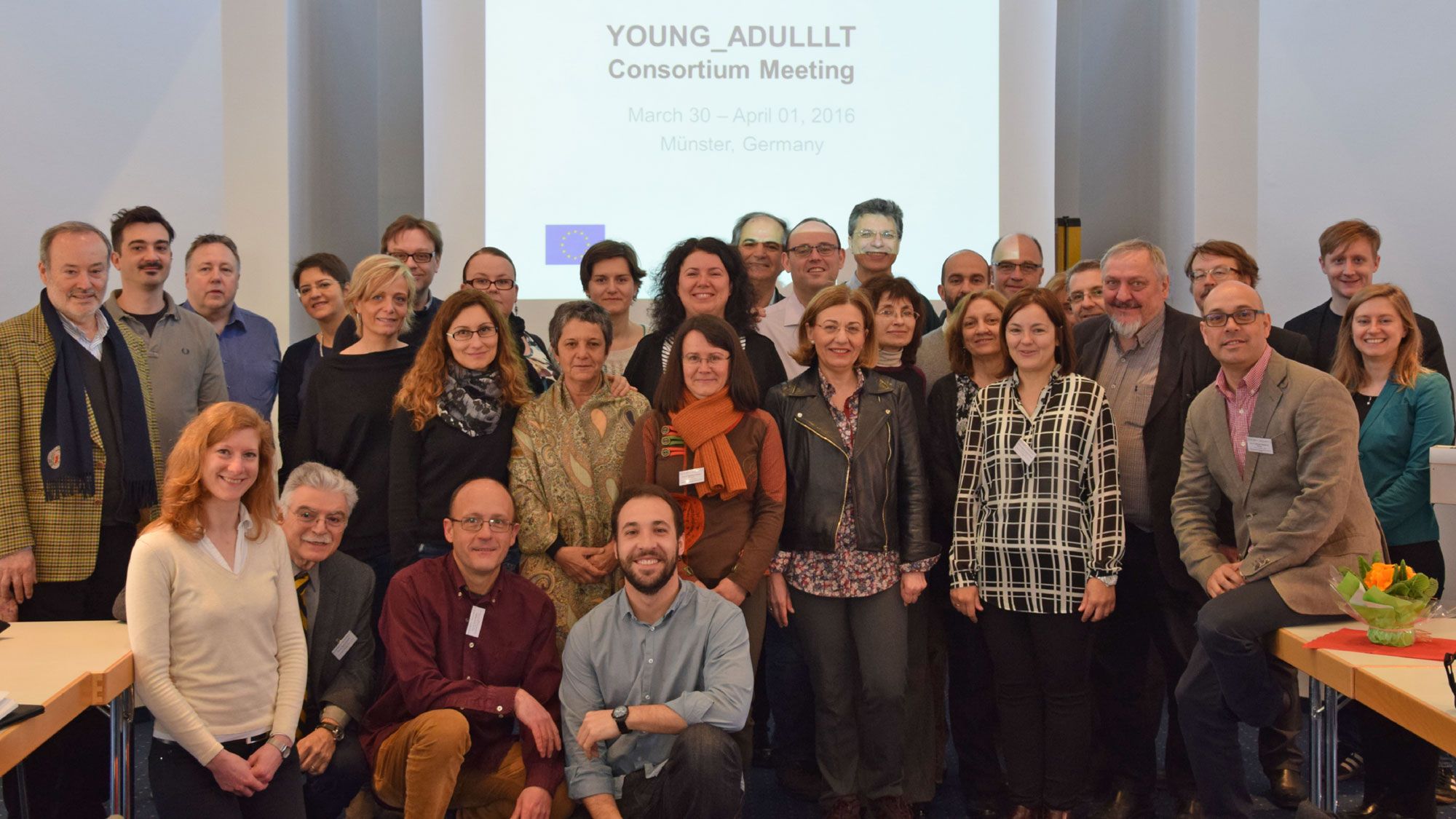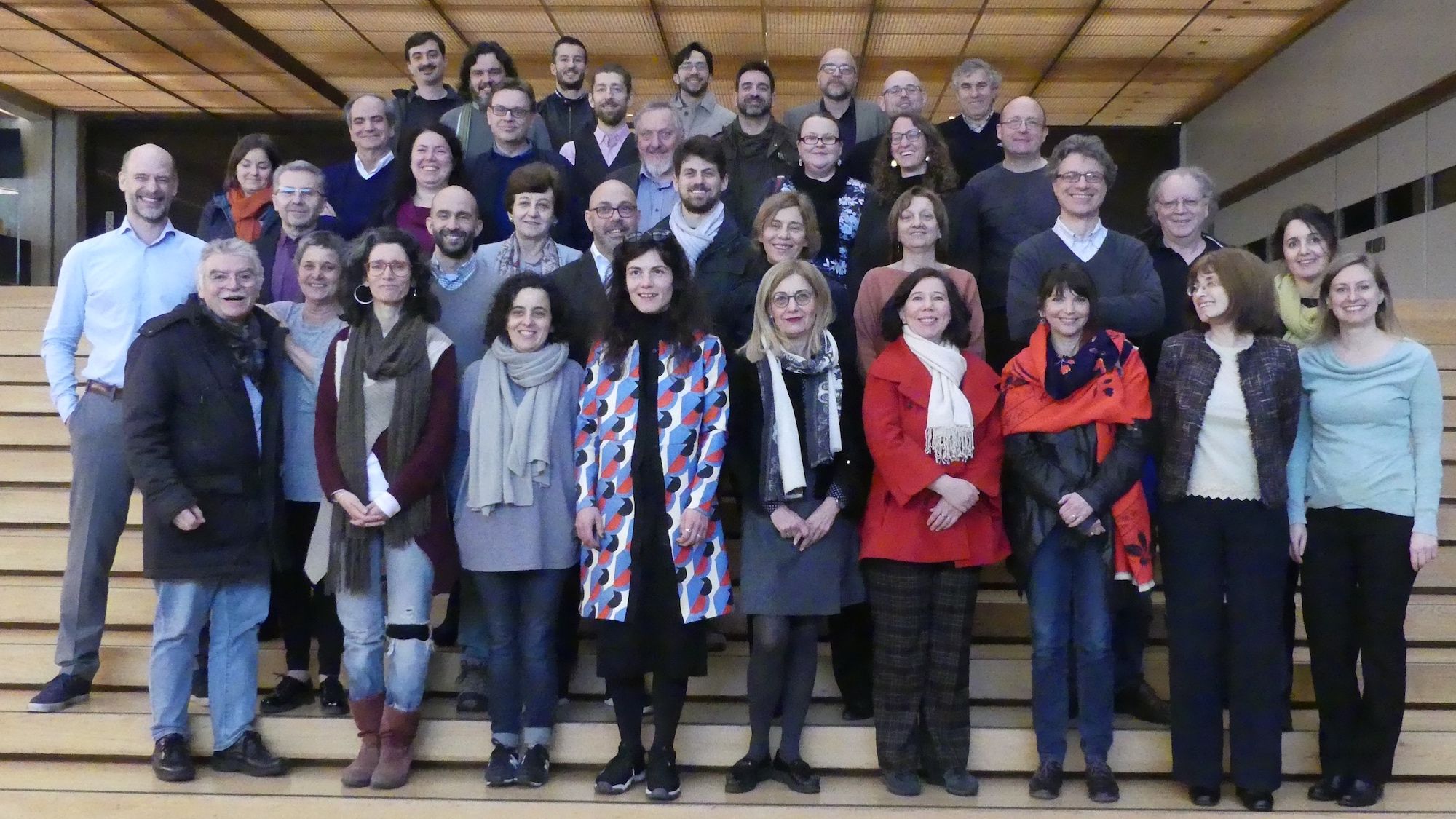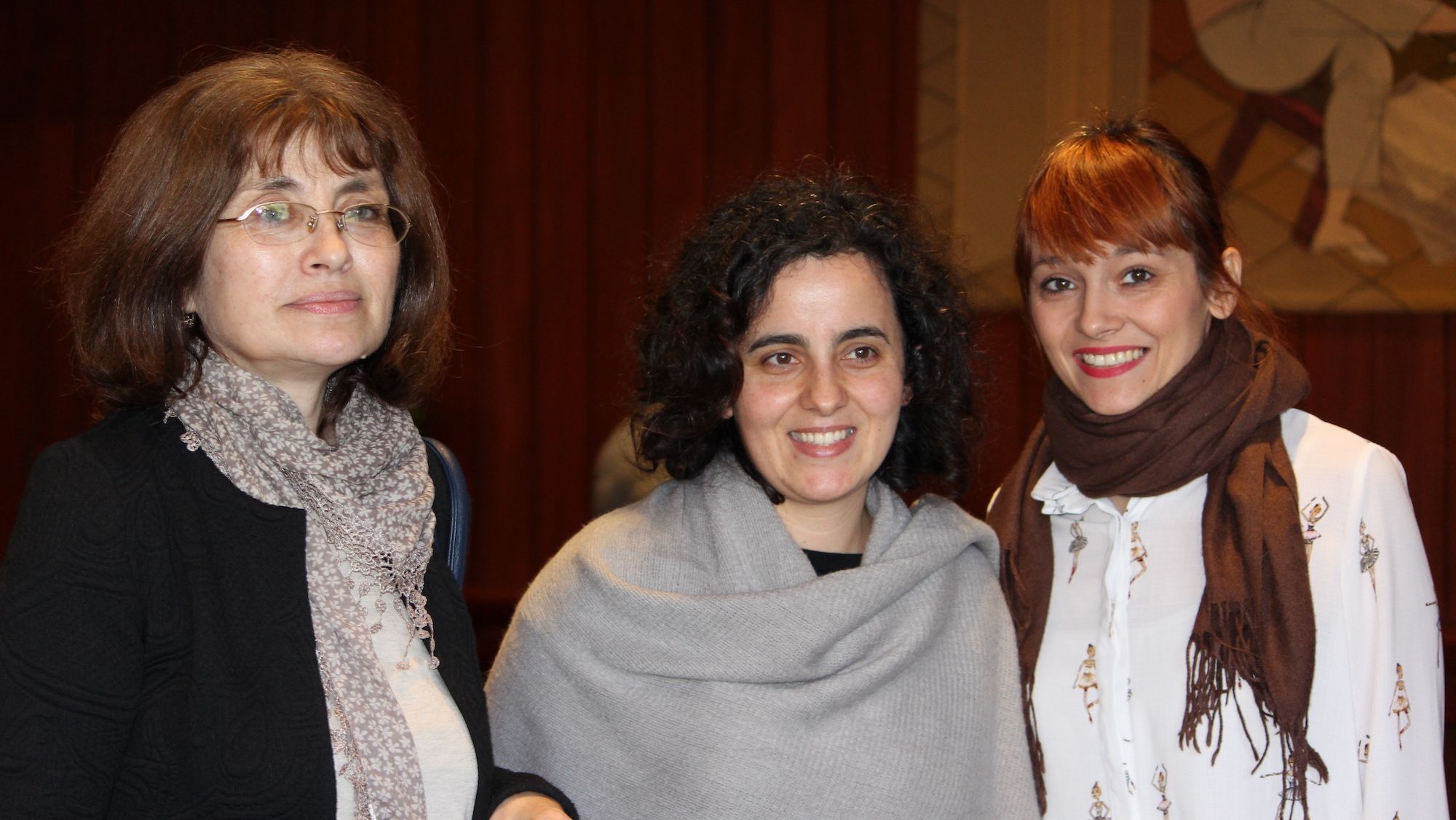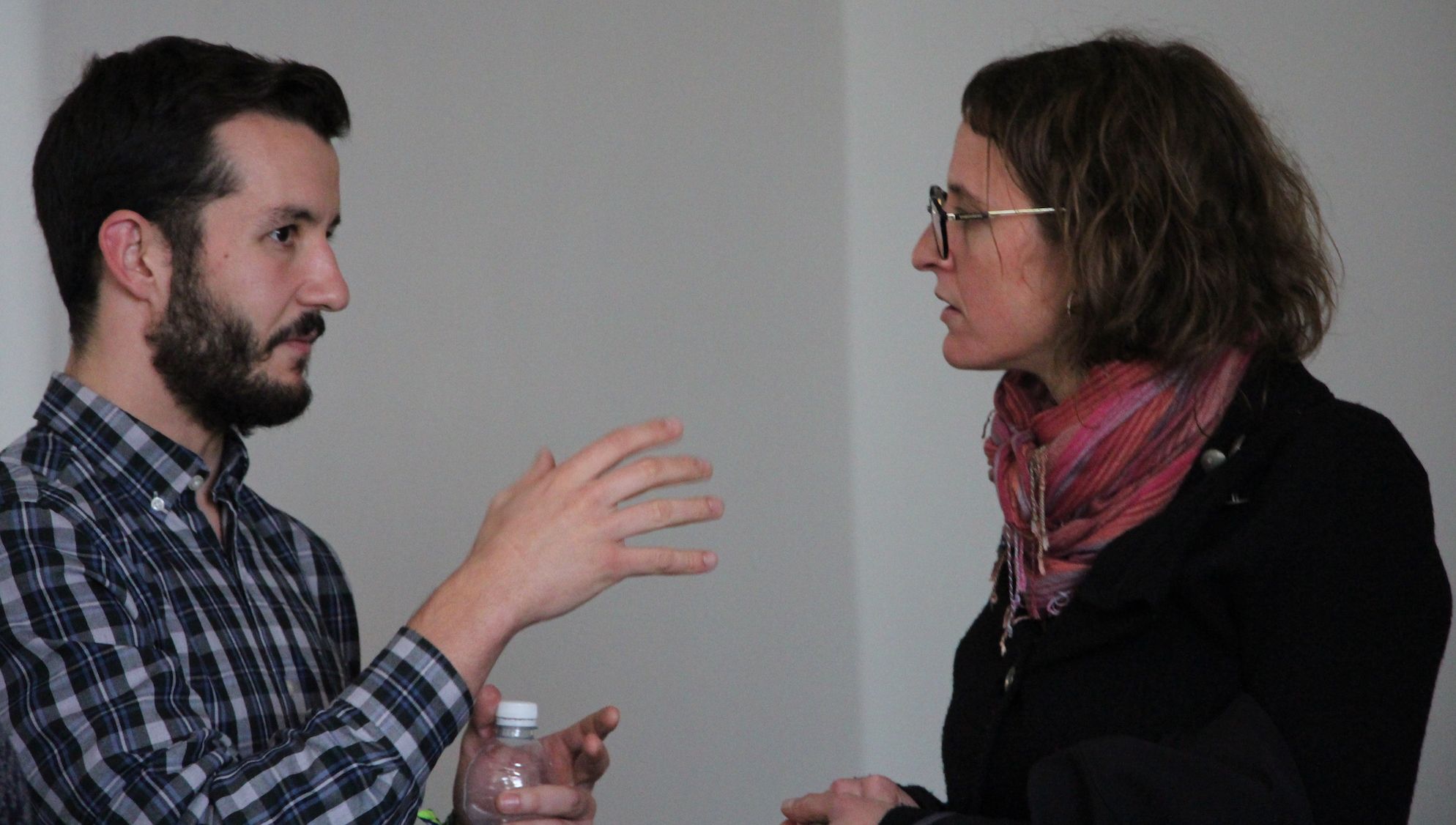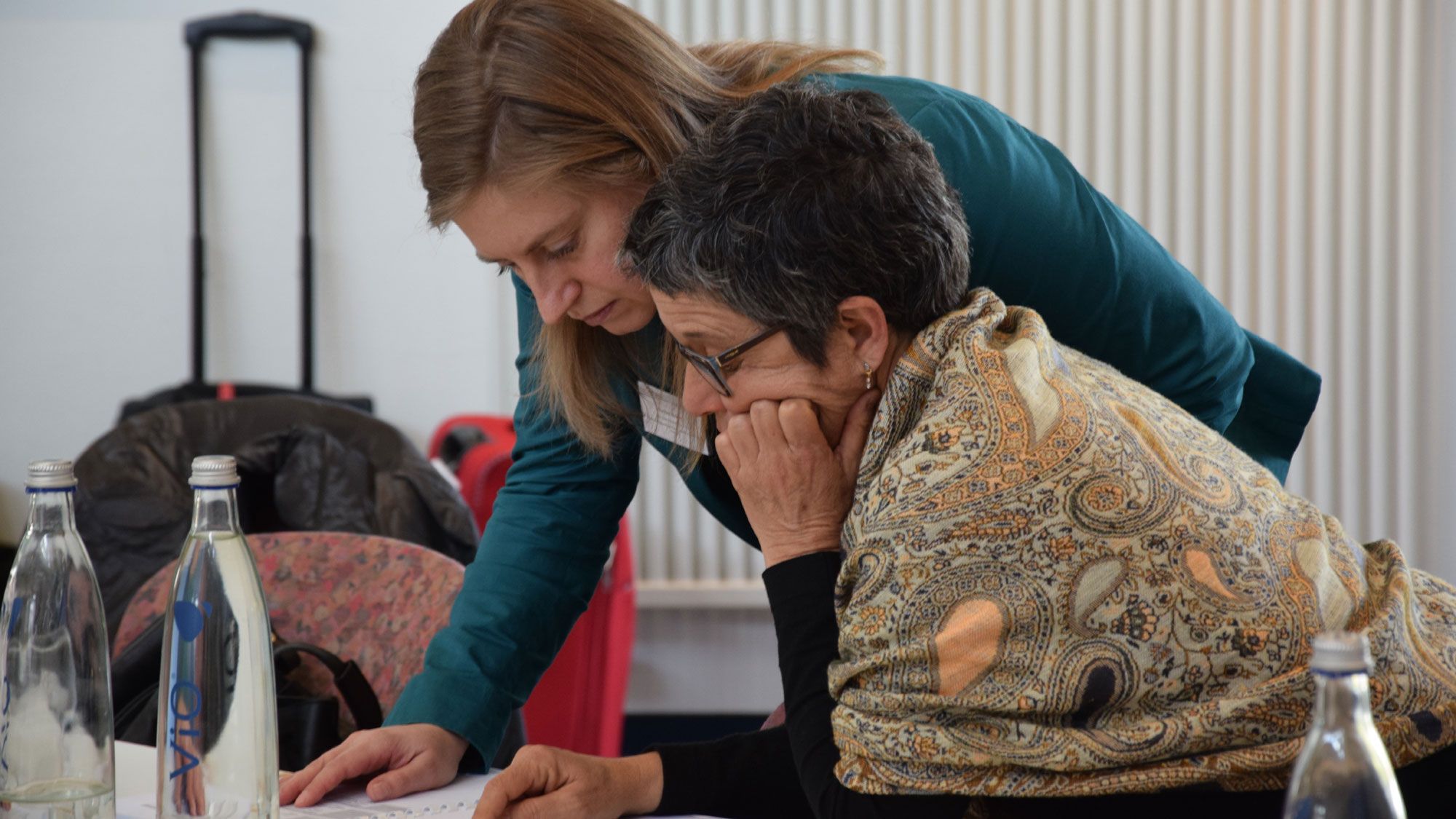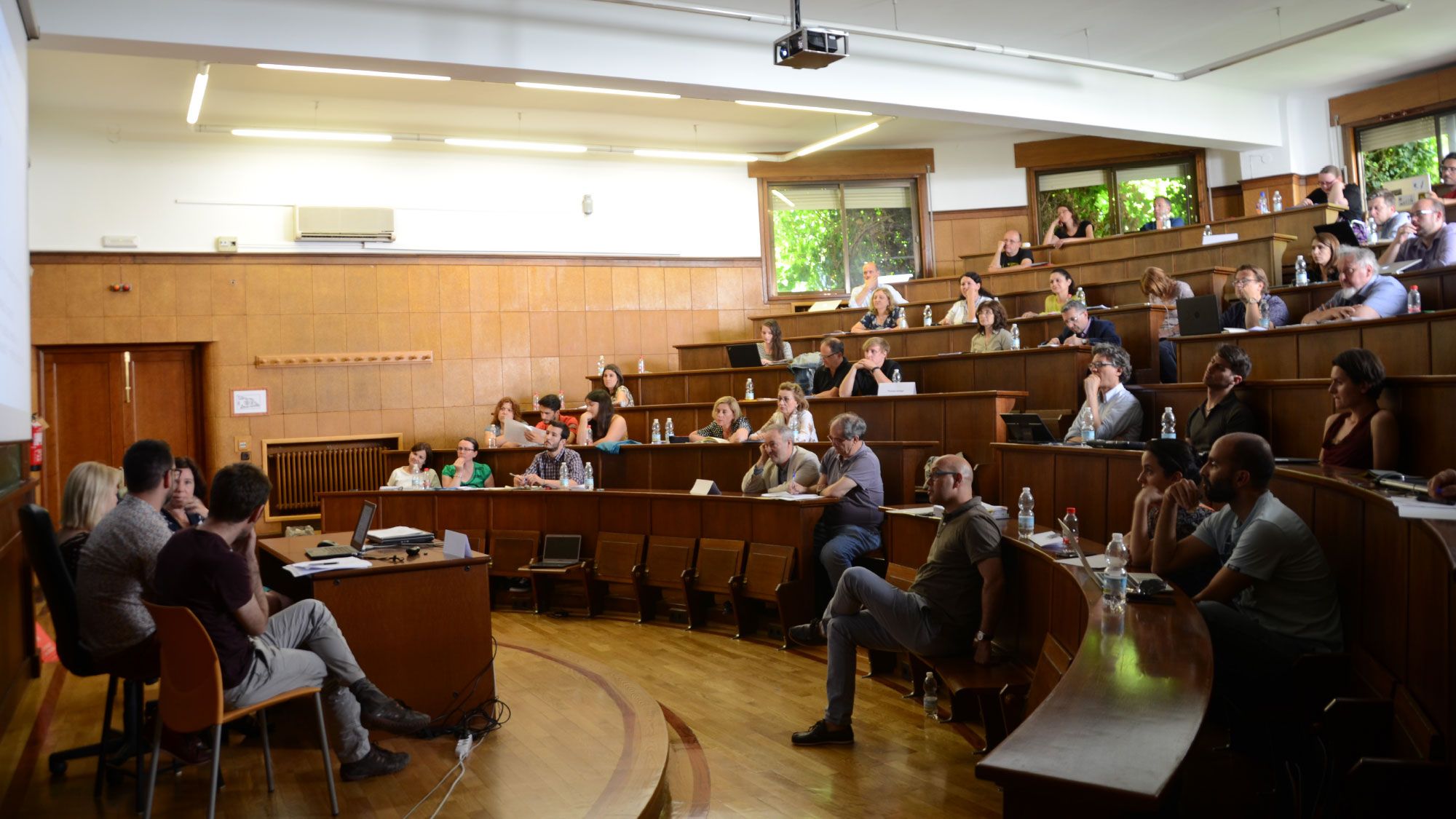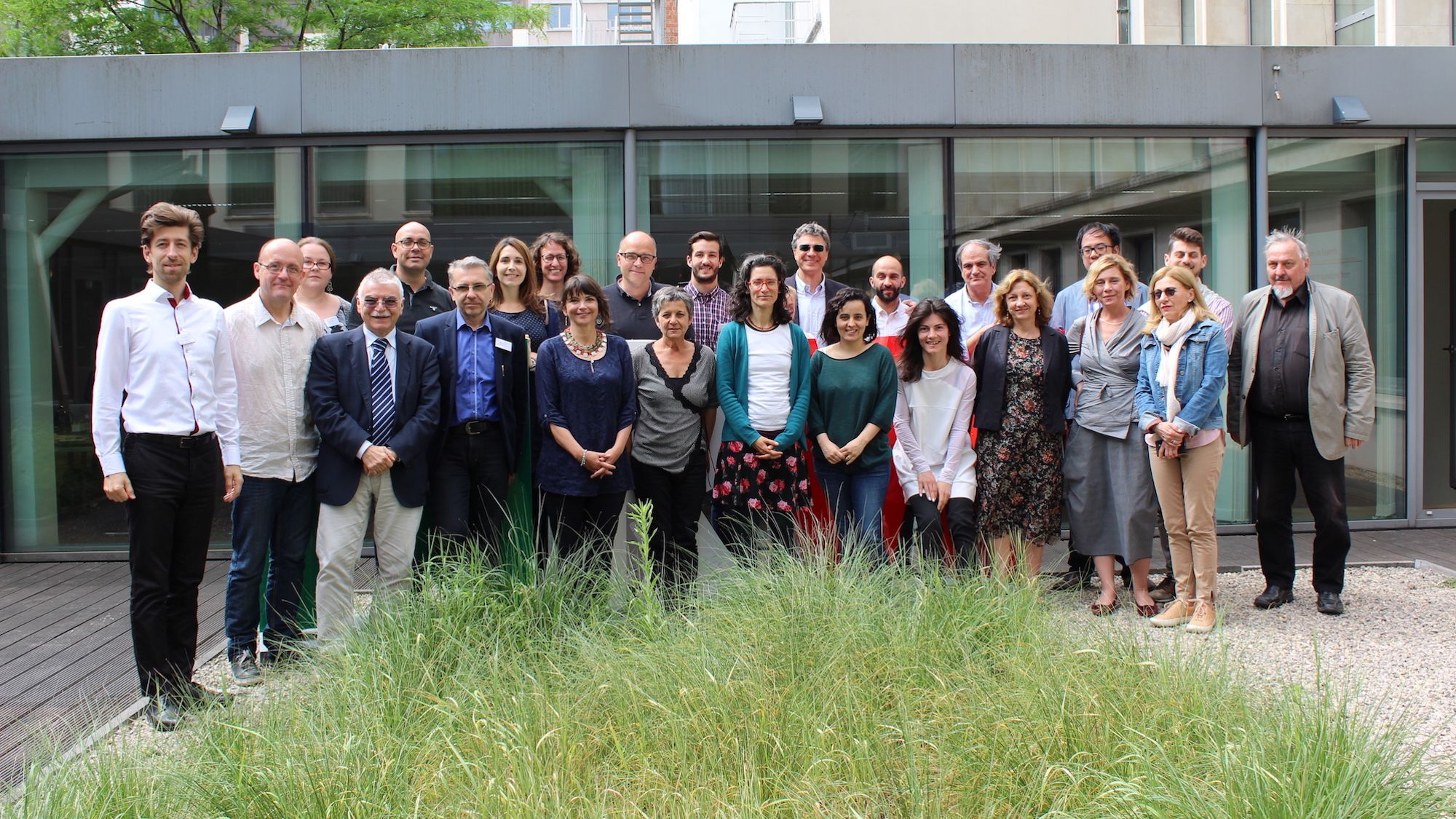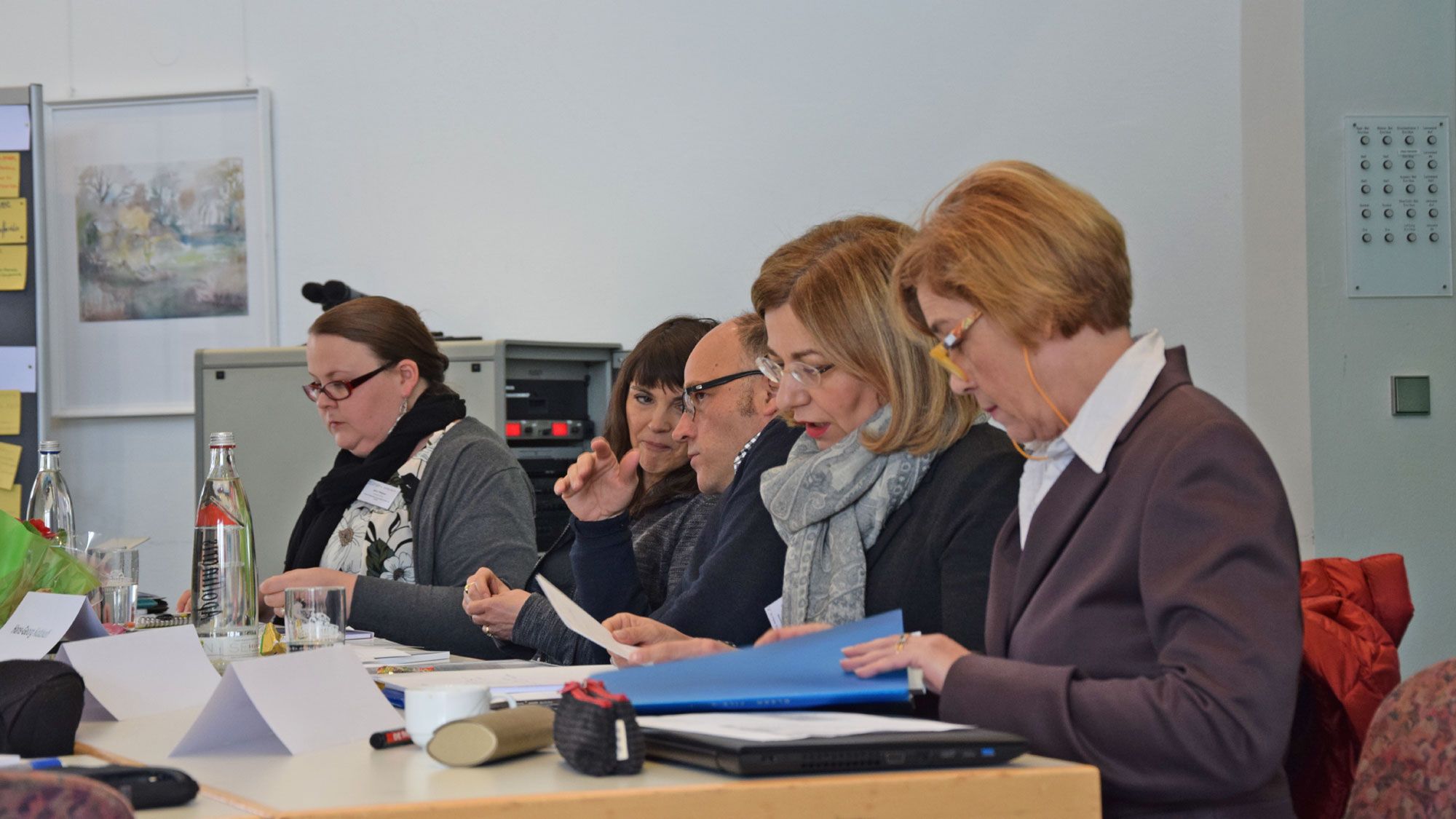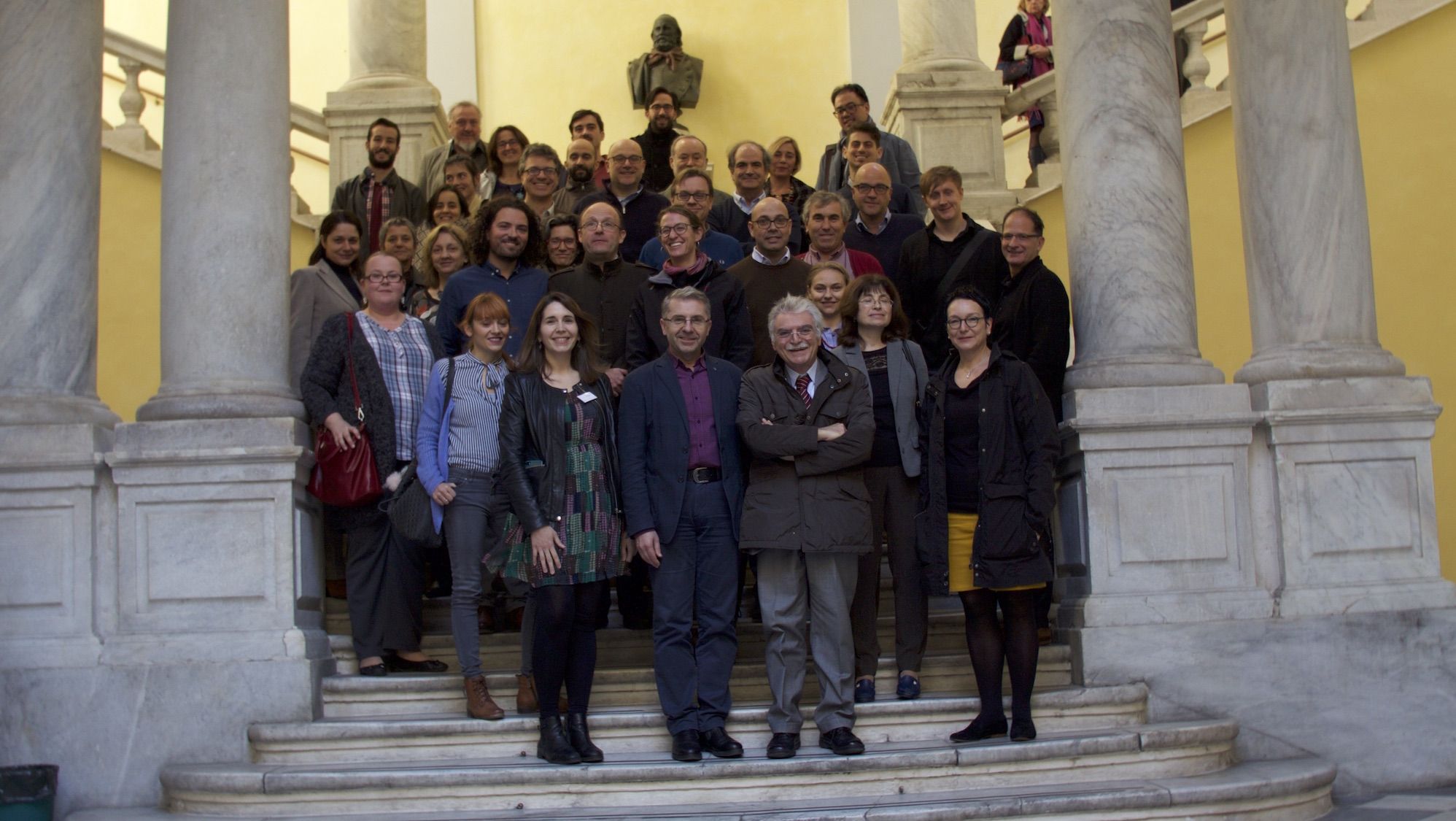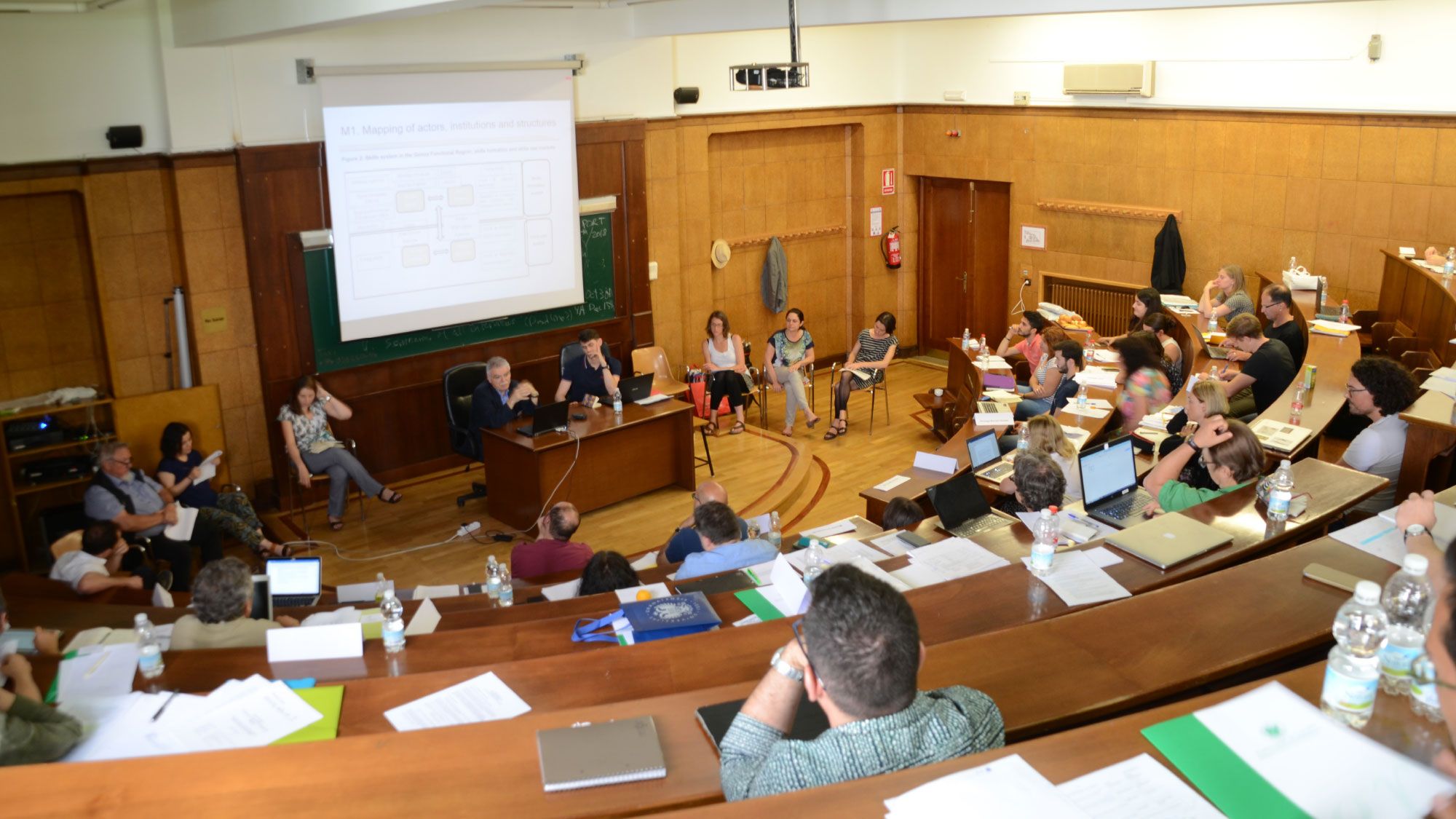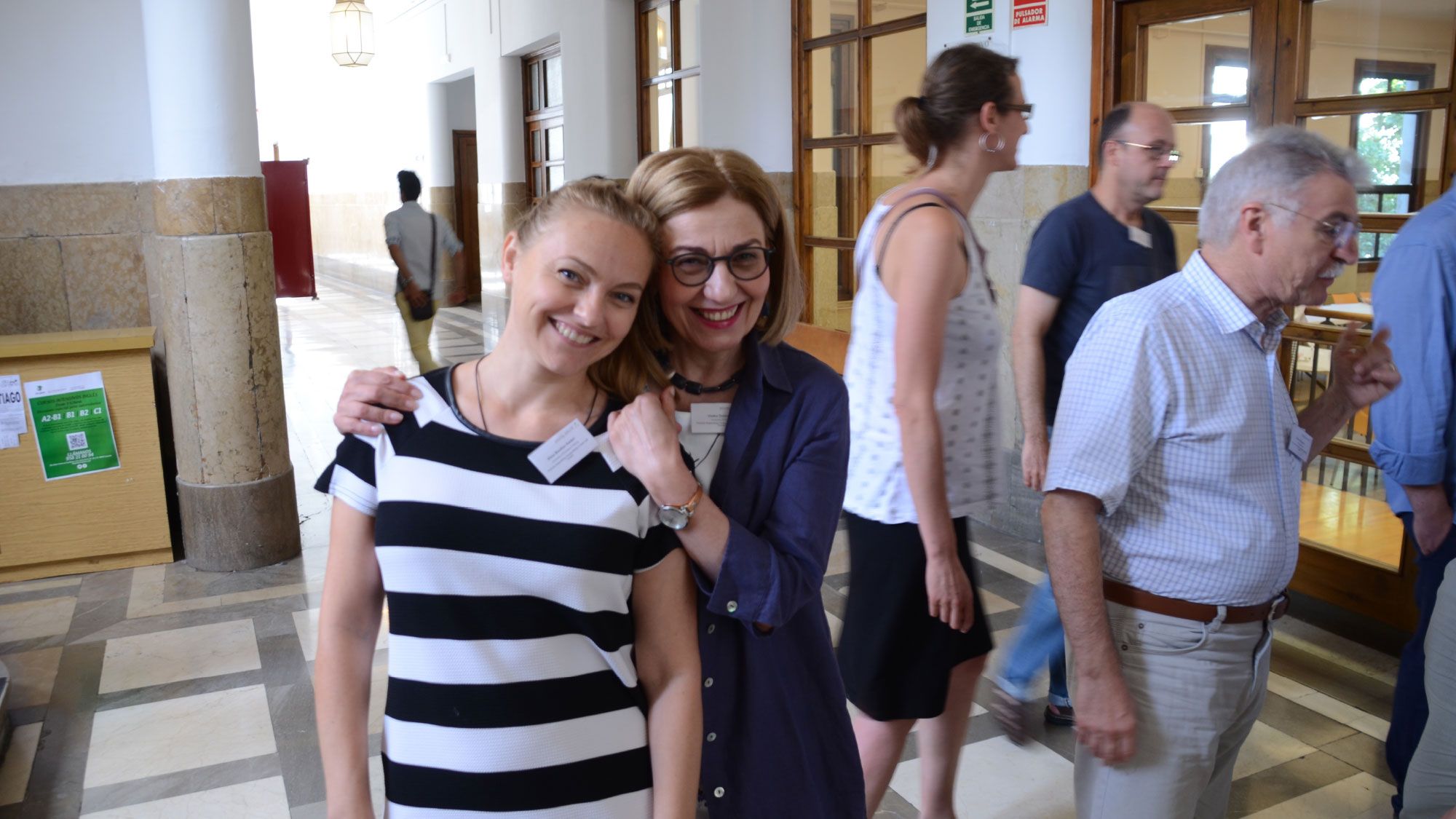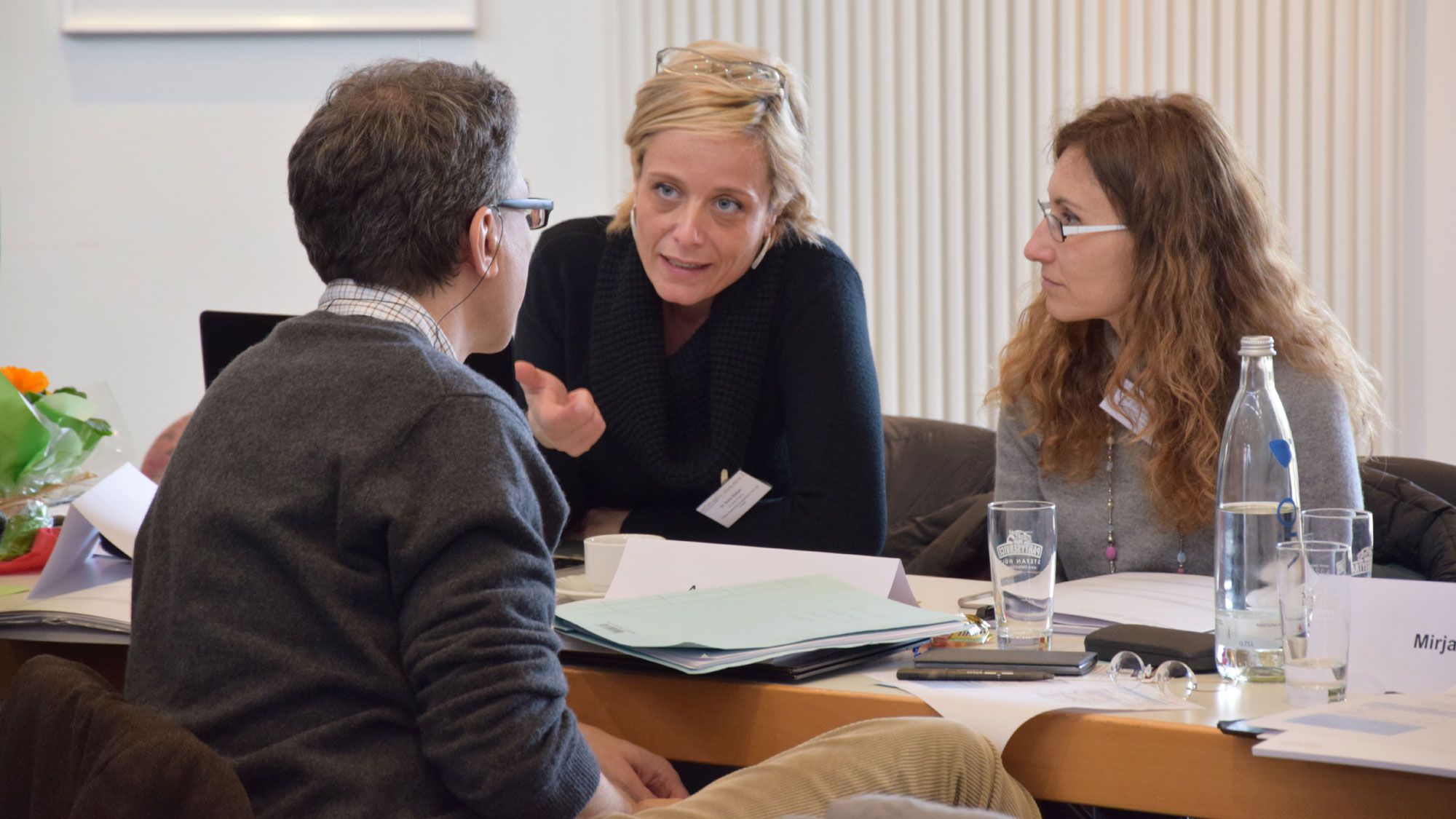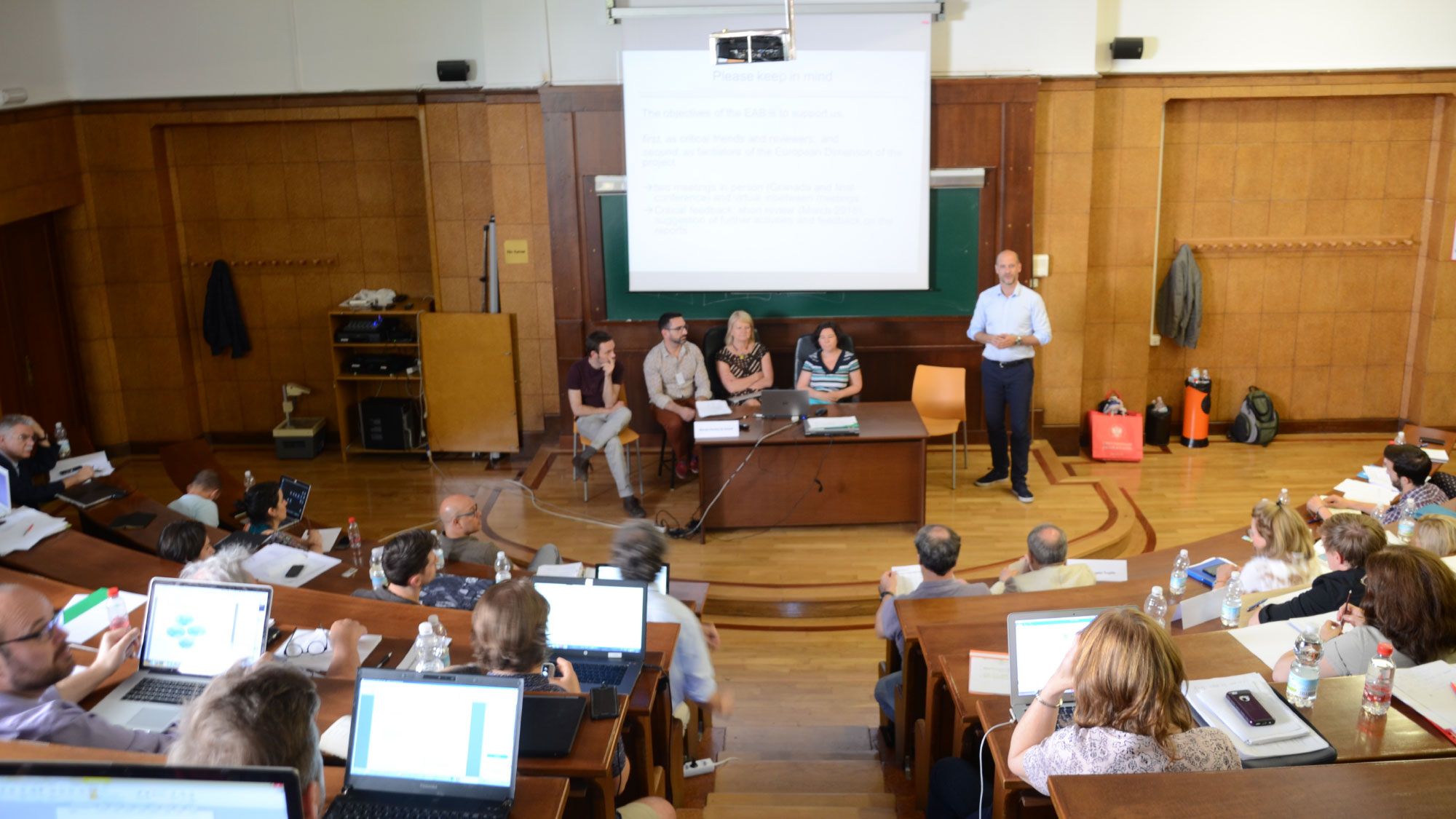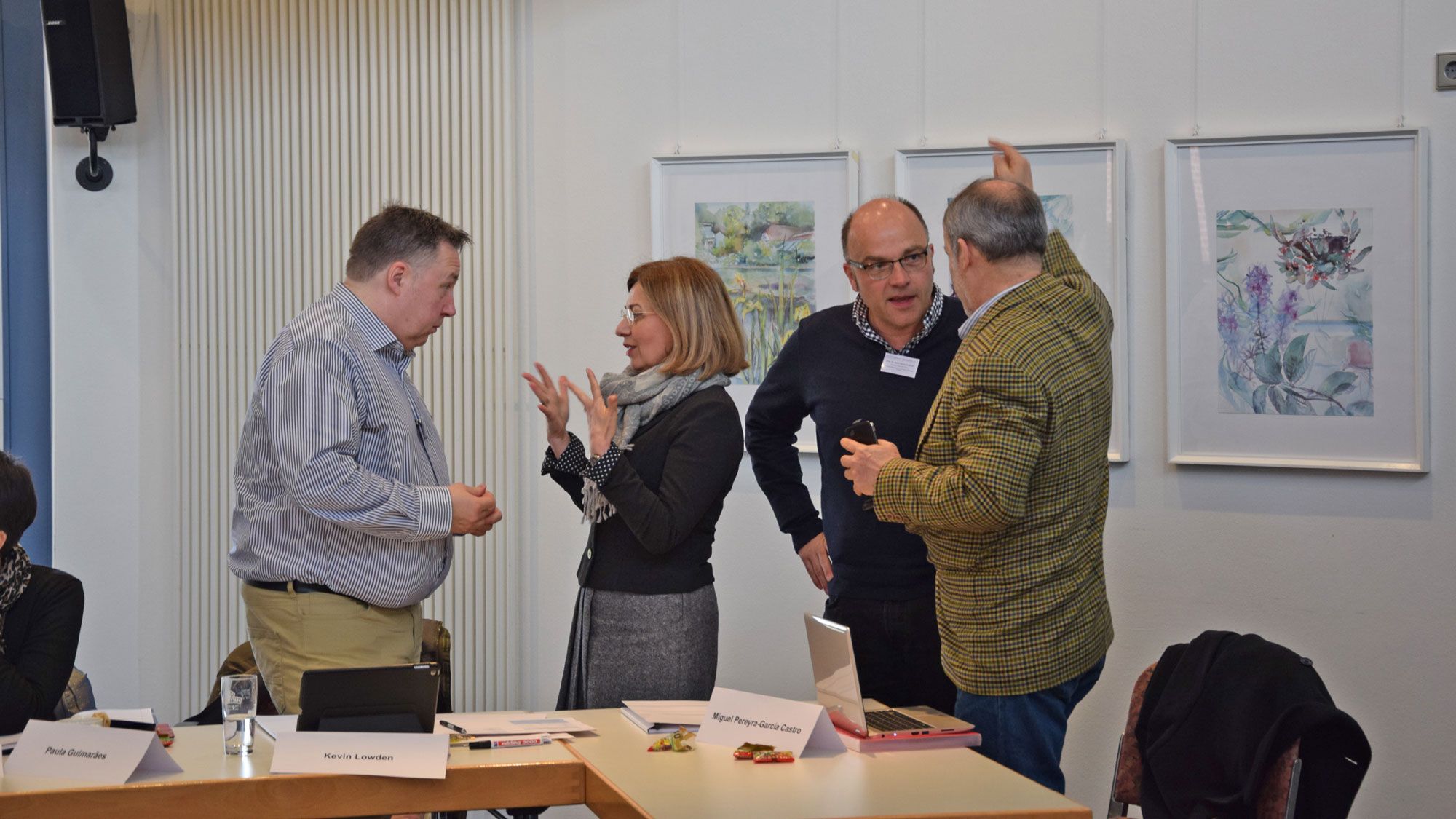Work Plan
YOUNG_ADULLLT brings together a mix of quantitative and qualitative methods and modes of analysis (primary and secondary) analyses, and stakeholder viewpoints with the aim to grasp the interaction of the three analytical levels – structural, institutional and individual. Moreover, the project is designed as a comparative study focusing on Austria, Bulgaria, Croatia, Finland, Italy, Germany, Portugal, Spain, and the United Kingdom and brings together institutional and policy analyses; quantitative and qualitative research with young adults, employers and trainers/providers of education/training; cross-national comparisons of macro socio-economic data on labour market and education and training; and in-depth case-study analyses of selected regions and LLL topics.
In order to ensure research activities according to expertise and time efficiency, the work is split into ten Work Packages which make up three essential phases of the research process.
Phase 1: Mapping Research Field
The partners most involved in the first phase of the project are WWU, GU, UPORTO, PHFR and UTU. They bring together high expertise for launching the project in terms of designing a common research framework as well as mapping and analysing the policy field on a national and international level. Thus, the main objectives are to create a theoretical and methodological basis in order to develop an overarching research hypothesis and identify relevant contextual information that can guide the mapping of the policy field by providing sensible indicators for analysis of national and regional strategies of LLL policies.
Phase 2: Data Collection, Treatment and Analysis
The partners most involved in the second phase of the project are UGR, UNIVIE, GU, UAB, PU, GUF and UNIGE. At the core of these WPs is the empirical work, foremost the collection and analysis of qualitative and quantitative data. Thus, the main objectives are to collect quantitative data on the macro- and micro-level of the participating countries, such as socio-economic conditions and specific living conditions of young adults as well as conducting interviews with and experts from policy, employment and training in order to disclose the perspectives of different stakeholders (as means of collecting qualitative data). The aim is also to produce national and international reports exploring the impact of LLL policies on young people and analyse how the participating countries govern the relationship between the supply and demand of skills by identifying the structures and main actors involved, evaluating the level of coordination between them, in order to develop a typology of governance of skills supply and demand. Finally, case studies are being conducted so as to identify policy-making networks that are involved in LLL policies as well as recognizing strengths and weaknesses of these policy-makings and their impact on young adults.
Phase 3: Comparative Analysis, Reporting and Policy
The partners most involved in the third phase of the project are WWU, PHFR, GU, UPORTO, PU and IE-UL. The main objectives of the last phase of the project are ‘to pull the strings together’ and conduct a comparative cross case and cross-national analysis as well as prepare and implement Policy Roundtables in each participating country in order to produce European/national/regional/local briefing papers. Thus, the work aims at a first step to contribute new knowledge on impact and embedding of LLL policies by identifying the necessary parameters for better coordinated policy-making and more effective delivery of LLL policies in European countries and regions and in a second step to communicate and disseminate activities with stakeholders and decision-makers by integrating inputs and debates from those stakeholders and decision-makers into the research outcomes.

- Work Package 1 – Implementation and Management
- Work Package 2 – Launching and Research Design
- Work Package 3 – Policy Mapping, Review and Analysis
- Work Package 4 – Quantitative Analysis of Young Adults’ Social and Living Conditions
- Work Package 5 – Qualitative Research with Young Adults
- Work Package 6 – Comparative Analysis Skills and Demand and Supply
- Work Package 7 – Regional/local Case Studies
- Work Package 8 – Comparative Analysis and Reporting
- Work Package 9 – Policy Roundtables
- Work Package 10 – Ethics and Dissemination


